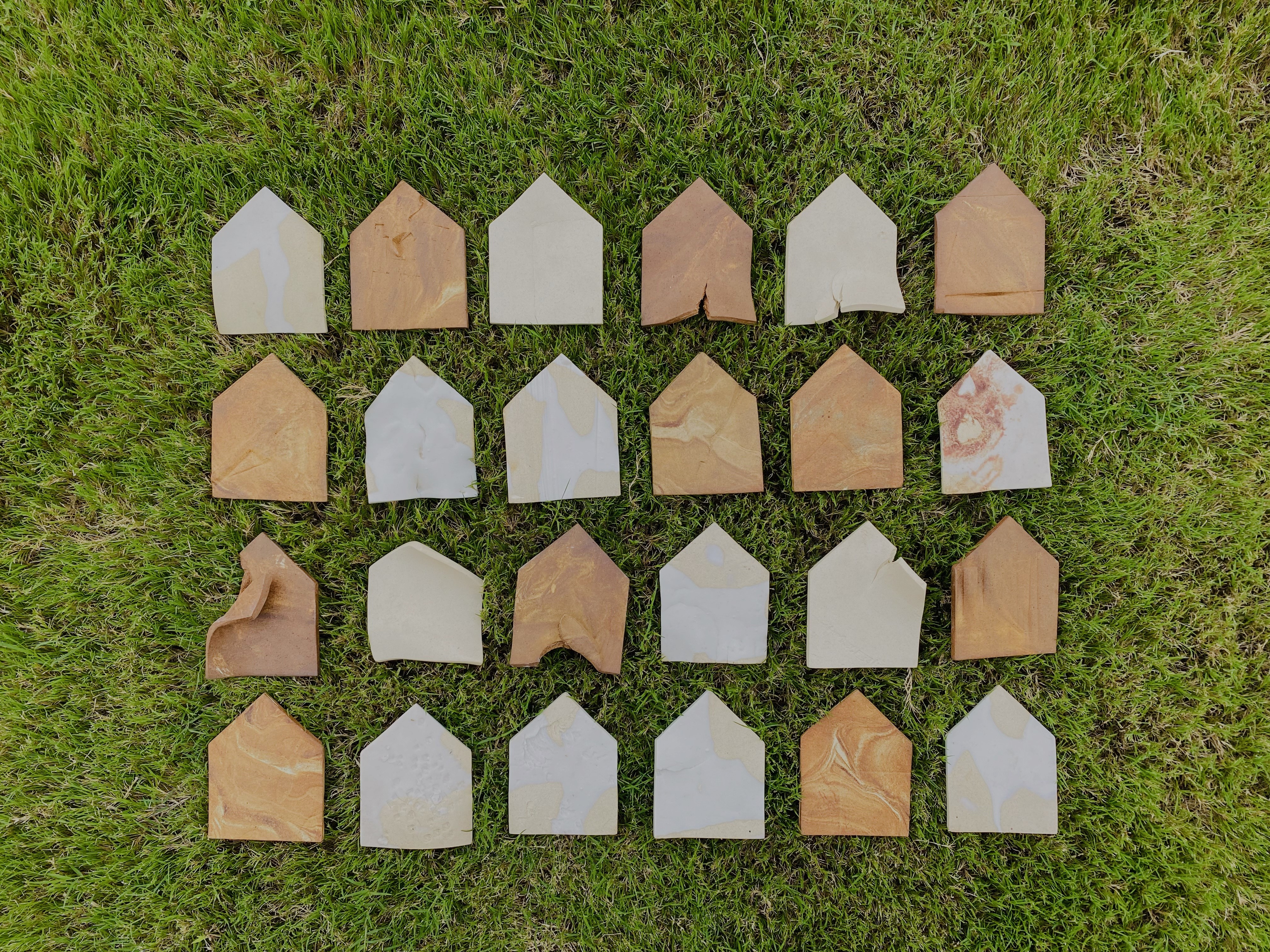Aging, Alzheimer’s, and Precarity: Comprehending Vulnerabilities and Care Approaches in Select Indian Fictional Narratives
Main Article Content
Abstract
Aging and late-life realities are significantly determined by the experience of impairments, which introduces vulnerabilities, potentially resulting in a sense of devaluation due to dependence and an increased likelihood of facing disadvantages or unmet needs. The requirement for care, evaluated through instances of age-entailed cognitive and functional limitations, underlines the vulnerability associated with later age. Examining aging through the interpretive lens of precarity aids in configuring what it means to live a marginalized life with disabling conditions in contexts related to care, assistance, and support. With epidemiological studies emphasizing the projected surge of Alzheimer’s in India, the intersectional paradigm of critical disability studies and precarity studies have proffered new approaches to interpret, produce, and narrativize knowledge related to age-specific diseases, their diagnosis, and their treatment. This paper focuses on examining how fictional deliberations - Anuradha Sharma Pujari’s Jalsobi: In the Shadow of Light (2018) and Avni Doshi’s Girl in White Cotton (2019) - configure precarity through the markers of frailty, vulnerability, and increased dependency in older Indian women with diminishing cognitive capacities. It engages with the experientiality of cumulative losses -memory, functionality, and agency during old age, attempting to create alternative discourses of care that can confront and respond to the underlying vulnerabilities of conditions like Alzheimer’s.
Downloads
Article Details

This work is licensed under a Creative Commons Attribution 4.0 International License.
Copyrights of all materials published in SARE are retained by the authors. Authors may republish their work or grant others permission to republish it. We would be grateful if republication is accompanied by an acknowledgment that the work was originally published in SARE.
